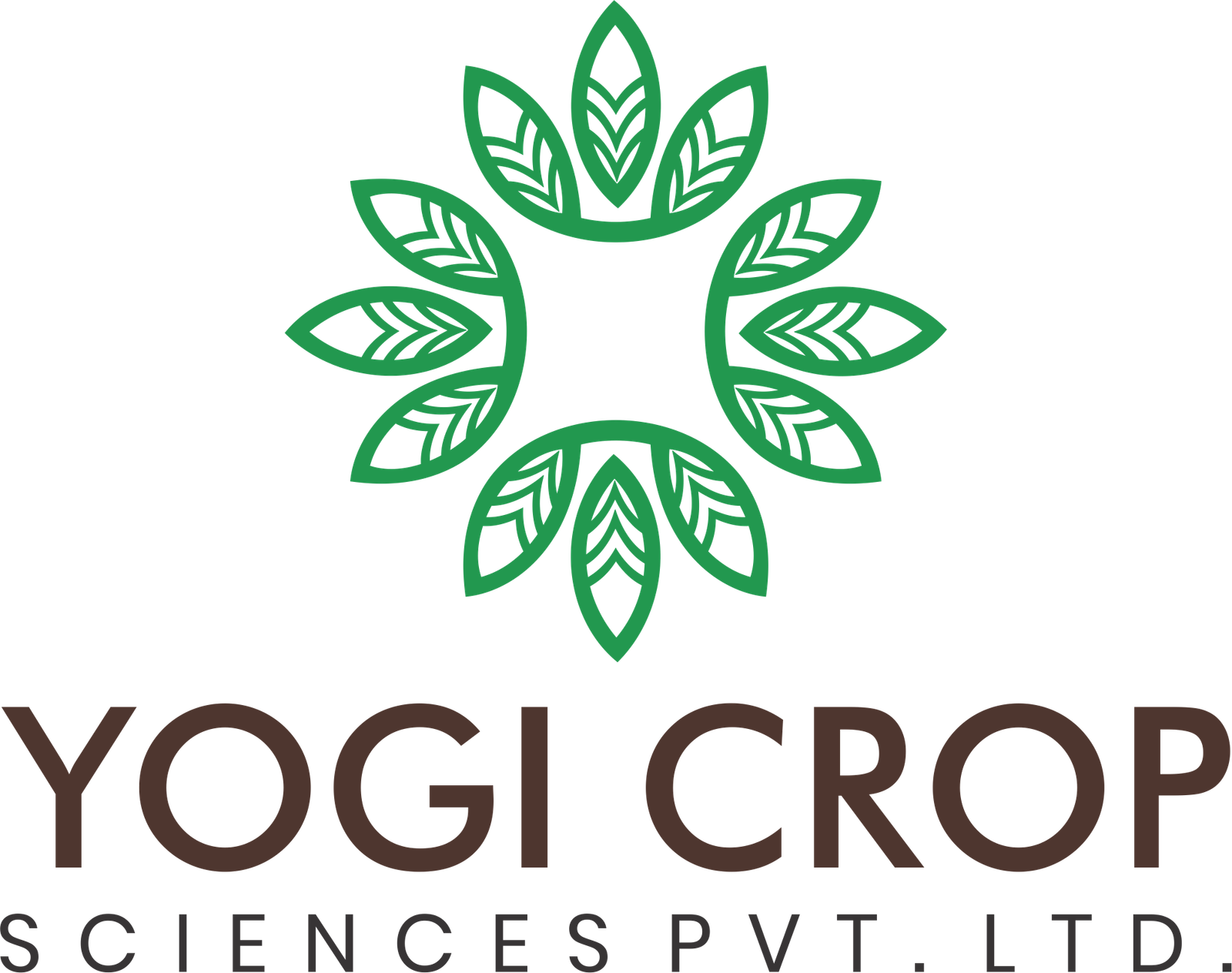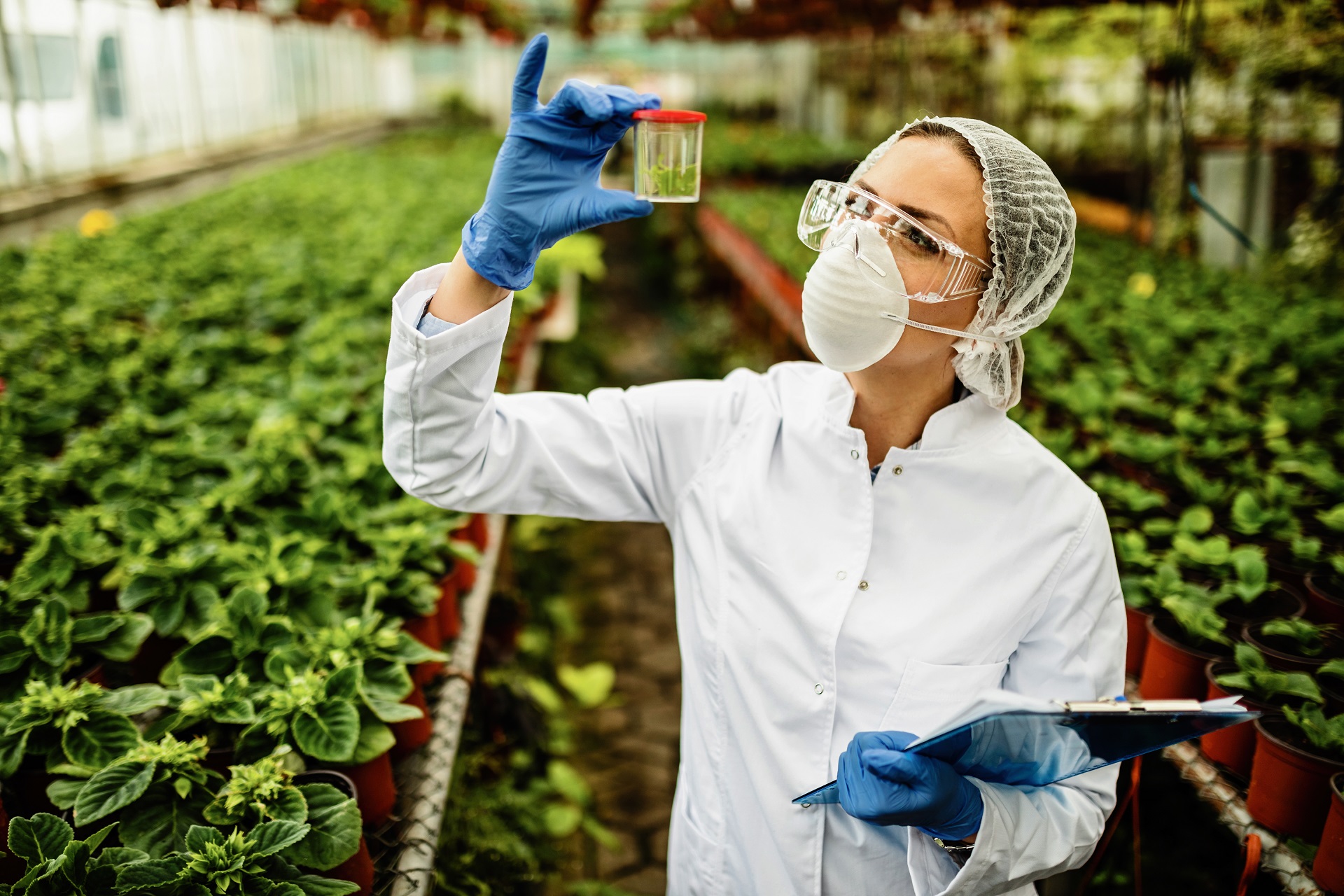Pest infestations cause significant losses in Indian agriculture, making pest control a top priority for farmers. However, excessive reliance on chemical pesticides has led to concerns about soil health, biodiversity loss, and pesticide resistance. Integrated Pest Management (IPM) offers a balanced approach by combining chemical, biological, and cultural pest control methods for sustainable farming.
What is Integrated Pest Management (IPM)?
IPM is a holistic strategy that minimizes chemical pesticide use by incorporating multiple pest control techniques, including:
- Biological Control: Using natural predators like ladybugs and parasitoid wasps to control pest populations.
- Cultural Practices: Crop rotation, intercropping, and proper irrigation techniques to reduce pest attraction.
- Mechanical Control: Traps, barriers, and manual removal of pests to minimize infestation.
- Chemical Control: Using pesticides judiciously only when necessary, with a focus on targeted application and minimal environmental impact.
Benefits of IPM
- Reduces Chemical Dependency: Farmers use fewer synthetic pesticides, promoting healthier ecosystems.
- Prevents Pesticide Resistance: Rotating different pest control methods prevents pests from developing resistance.
- Enhances Soil Health: Reduced chemical use helps maintain soil fertility and microbial balance.
- Cost-Effective for Farmers: Combining techniques minimizes long-term pest management costs.
How Agrochemical Companies Can Support IPM
- Developing Biopesticides: Promoting microbial and botanical-based pesticides for sustainable pest control.
- Educating Farmers: Conducting training programs on IPM techniques.
- Innovating Smart Pesticides: Creating pesticides with controlled release and targeted application to reduce environmental impact.







